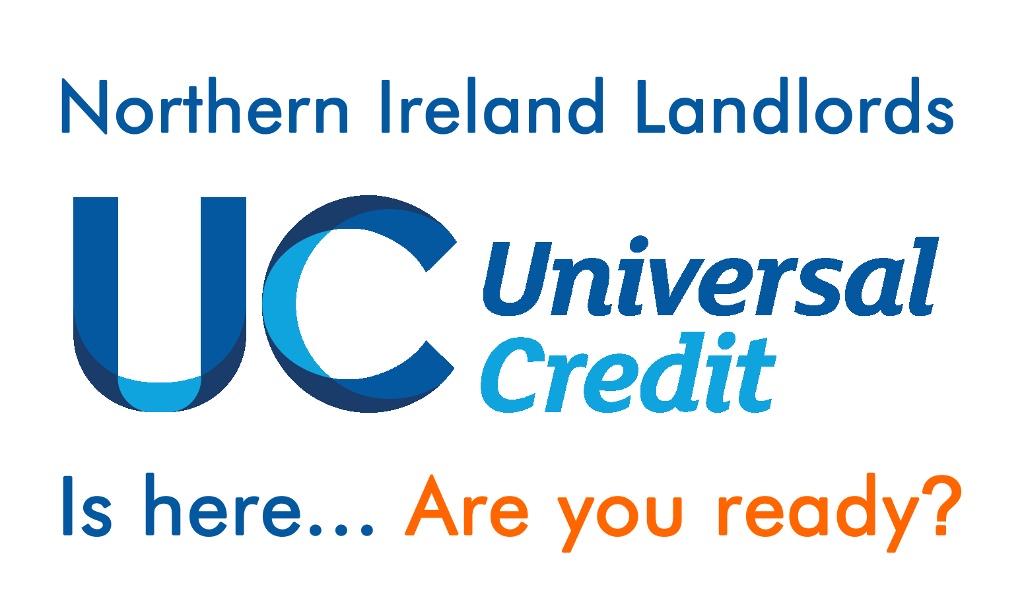Universal Credit is replacing Housing Benefit for the majority of working-age claimants in Northern Ireland. While some accommodation will continue to be assessed under Housing Benefit, all private tenancies will eventually come under the Universal Credit system.
Differences between Universal Credit and Housing Benefit:
-
Many claimants will not be eligible for help with housing costs for the first seven days of their claim, and will have to cover the rent for this period from their other income.
-
The assessment period is one calendar month, rather than one week, and payments will be made once a month.
-
Typically, it will take 6 weeks from the date that a tenant makes a claim before the first payment will be received. Tenants can apply for an advance payment if this delay causes financial hardship.
-
By default, payments will be made directly to landlords, but the claimant can ask to have the money paid to him or herself.
-
While all Housing Benefit payments are made on fixed days in a month, the date of each Universal Credit payment will depend on when the tenant originally made his or her claim.
-
Landlords will no longer have to complete a Certificate of Occupation, but they will have to provide their tenants with either a tenancy agreement or a written letter confirming the tenancy in order for the tenant to get help with their rent.
-
Tenants will not be eligible for help with rates under Universal Credit and will have to make a separate application for rates rebate in order to get financial assistance with this charge.
-
Tenants will no longer be entitled to receive their full rental amount for a 13-week period if they need to apply for Universal Credit and haven't done so in the last 12 months. Instead, they will immediately move into the LHA system.
-
Landlords will be able to apply for direct deductions from the tenant's Universal Credit claim where the tenant owes rent arrears.


